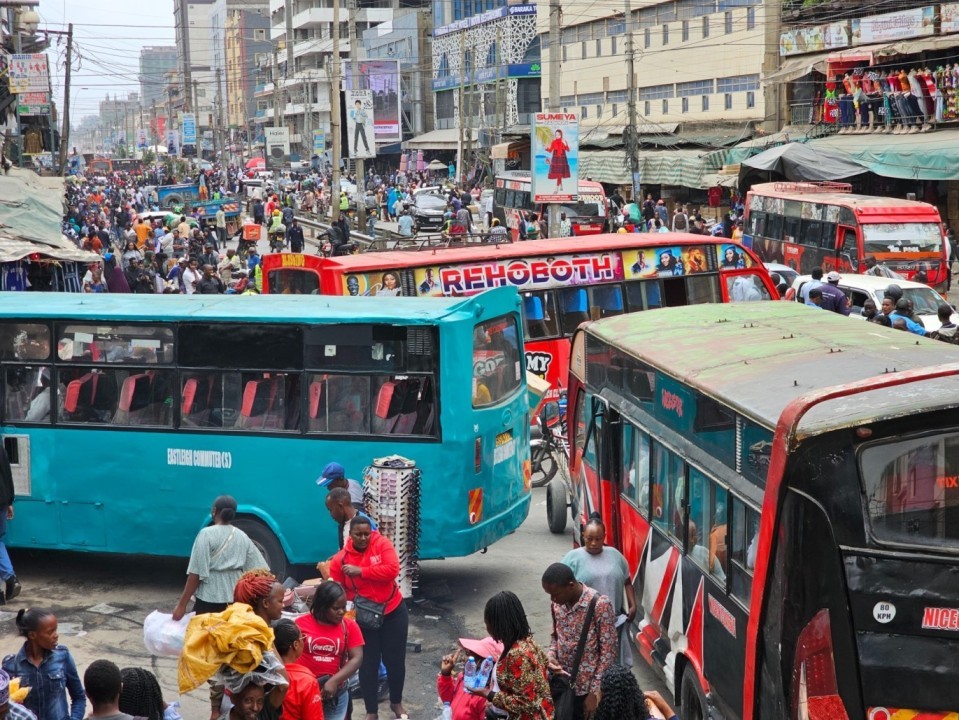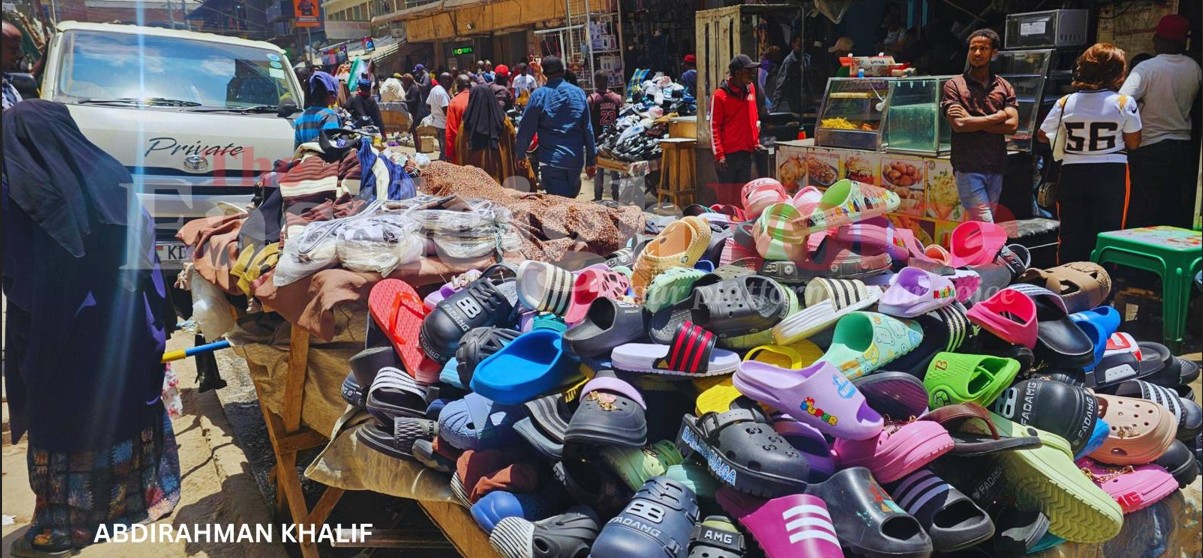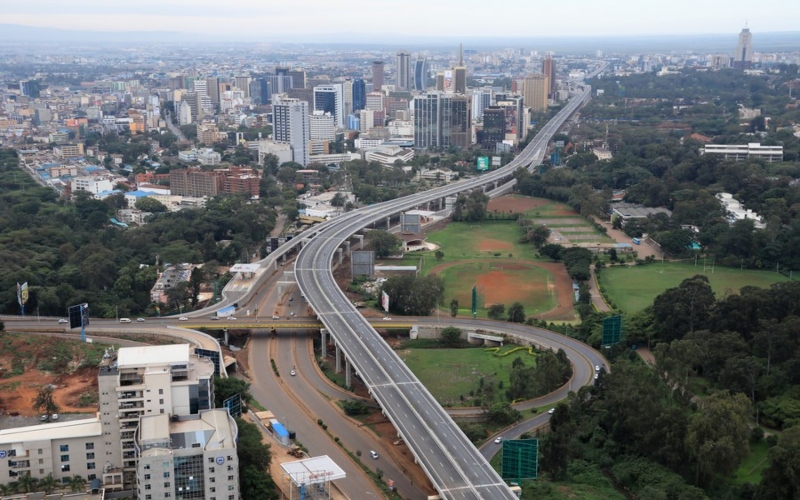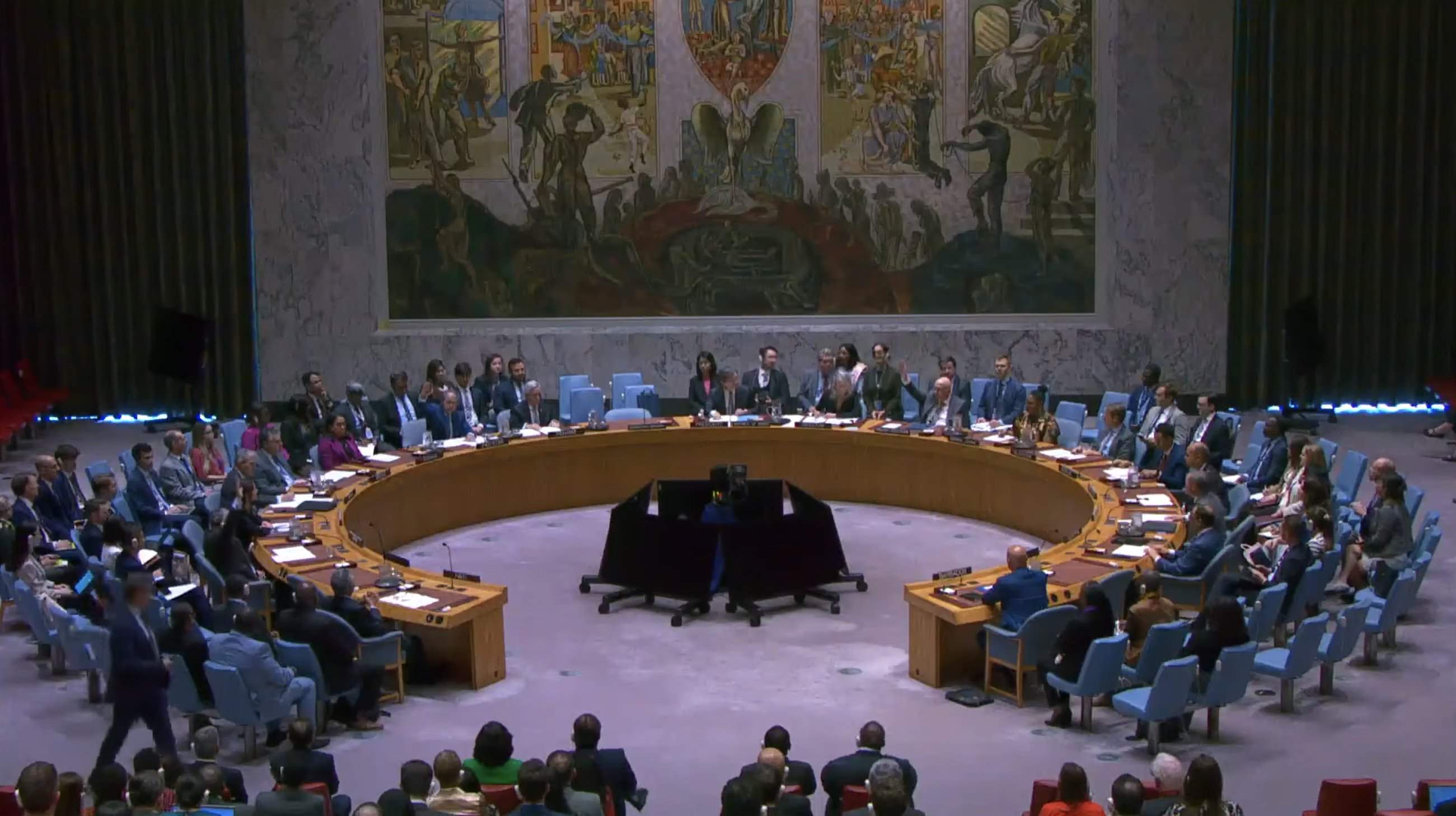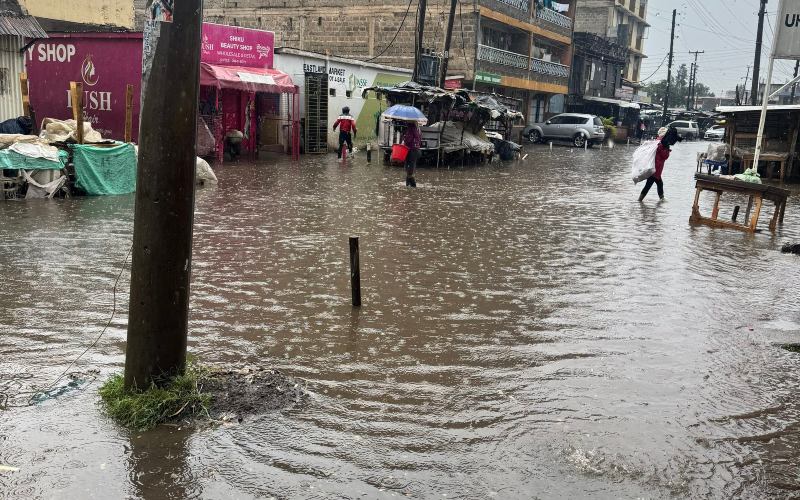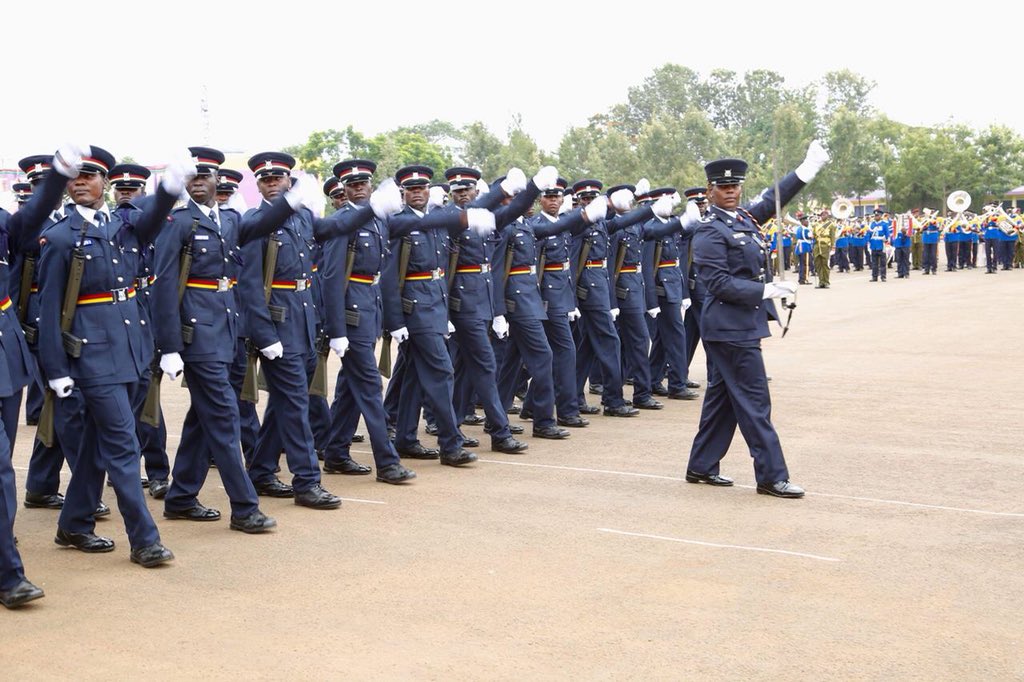UNESCO unveils virtual museum of world's stolen cultural objects

The museum was developed with INTERPOL and several technical and financial partners to serve as a reference tool for prevention, awareness, and cooperation policies.
The United Nations Educational, Scientific, and Cultural Organisation (UNESCO) has launched a first-of-its-kind museum of stolen cultural objects.
The immersive virtual museum displays nearly 250 objects from 45 countries, accompanied by stories and testimonials that highlight the voices of the communities directly affected by this loss.
UNESCO says the initiative seeks to strengthen the fight against illicit trafficking in cultural property.
More To Read
- Africa’s Sh905 billion book industry faces challenges despite growth potential - UNESCO
- Interpol cracks down on social media scams in Africa, makes 260 arrests
- Explained: Kenya’s path to extraditing Agnes Wanjiru murder suspect
- Egypt’s Mt Sinai luxury tourism project sparks global outcry over heritage and Bedouin displacement
- Kenya's Ibrahim Jillo elected to INTERPOL Africa Committee
- How Kenya is leading Africa’s fight against cross-border crime
It also fulfils a commitment made during the annual UNESCO conference dubbed MONDIACULT ( World of Culture) in 2022, by raising awareness among the general public, especially young people, of the consequences of such trafficking.
The MONDIACULT Declaration made in Mexico City unanimously adopted a proposal to have culture be included as a stand-alone goal in the post-2030 agenda to drive sustainable development and realise a more just, inclusive future.
"This platform is unique in the world. For the first time, this virtual museum brings the consequences of illicit trafficking in cultural goods to the attention of the general public. It will thus help to nourish memories and facilitate the return and restitution of illegally acquired works," UNESCO Director-General Audrey Azoulay said.
The museum was developed with INTERPOL and several technical and financial partners to serve as a reference tool for prevention, awareness, and cooperation policies.
"When cultural goods are stolen, it is not just objects that disappear. It's pieces of our history," INTERPOL Secretary General Valdecy Urquiza said.
INTERPOL keeps a database of stolen works of art as part of its bid to tackle the traffic in cultural property amongst its member states. The organisation feeds the database with information received from the member states about stolen and missing items.
"Our database of stolen works of art combines descriptions and pictures of almost 57,000 items. It is the only database at the international level with certified police information on stolen and missing objects of art," the organisation says.
Only fully identifiable objects are entered in the database. Every year since 2016, INTERPOL has conducted 'Operation Pandora' to recover stolen artefacts.
In 2023, an international art trafficking operation done in conjunction with Europol led to 60 arrests and over 11,049 objects recovered within Austria, Bosnia and Herzegovina, Bulgaria, the Czech Republic, Croatia, Cyprus, Greece, Ireland, Italy, Poland, Portugal, Romania, Spain, and Sweden.
It recovered 77 ancient books in Italy, which the Italian Command for the Protection of Cultural Heritage seized from an online marketplace that had been stolen from the archives of a monastery.
Also recovered was a Roman marble bust of a woman, which was recovered by the Civil Guard in Seville, Spain. The sculpture is believed to represent Salonia Matidia, the niece of the emperor Trajan.
At the same time, 3,073 ancient coins, seized from an online sales platform by the Polish Police Service. An additional 117 Dacian and Roman coins were also recovered by Romanian law enforcement after an archaeological site was looted.
In 2022, INTERPOL launched the ID-Art mobile app to help identify stolen cultural property, reduce illicit trafficking, and increase the chances of recovering stolen items.
The app can be used by police officers, customs officials, the general public, private collectors, art dealers, journalists, students or art enthusiasts to access the INTERPOL database of Stolen Works of Art to check if an object is registered as stolen, create an inventory of private art collection, report an item as stolen and report cultural sites potentially at risk or illicit excavations.
Illicit trafficking of stolen artefacts is a multibillion-dollar global criminal industry often linked to organised crime, money laundering, and even the financing of conflicts.
Top Stories Today
